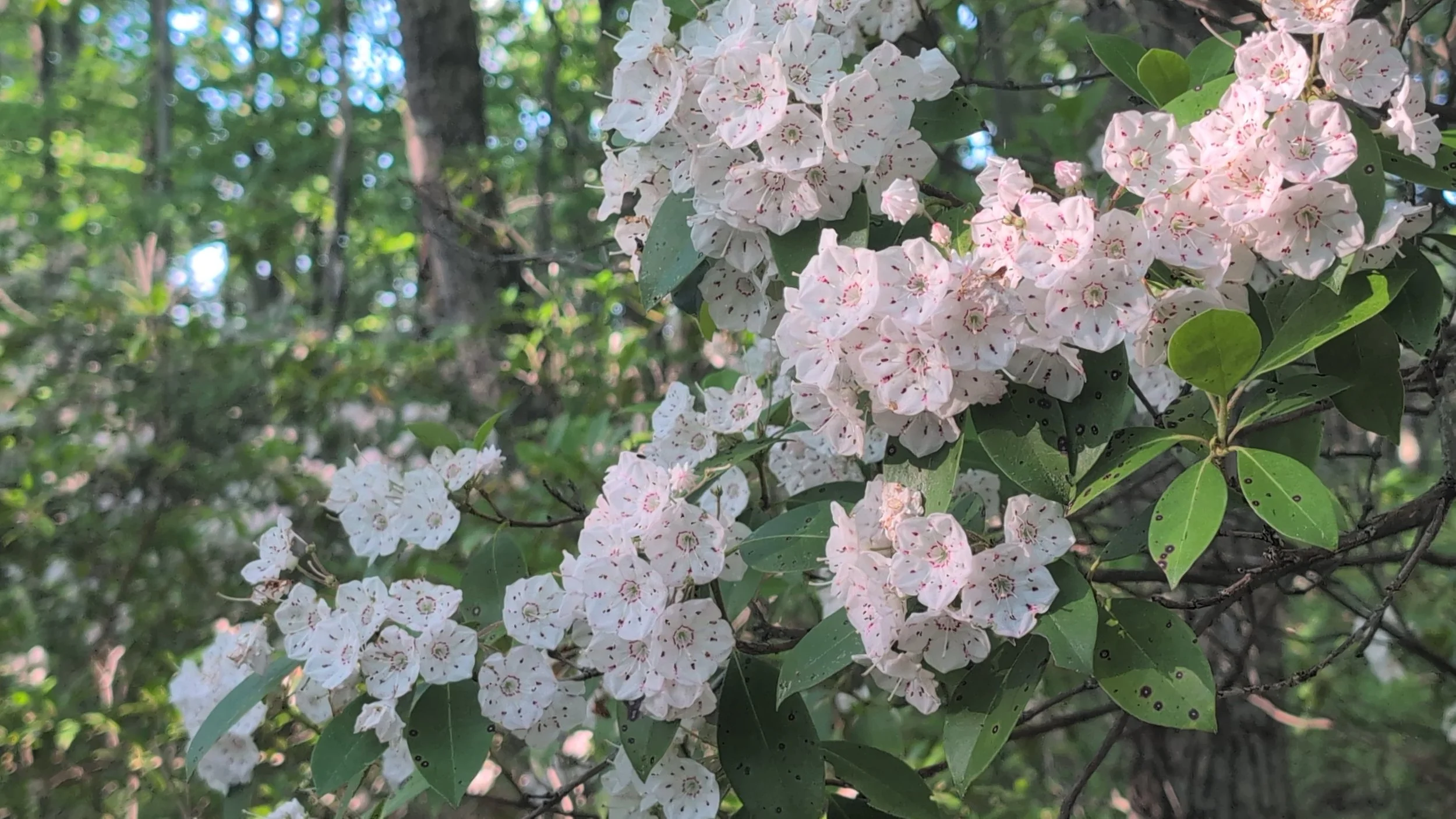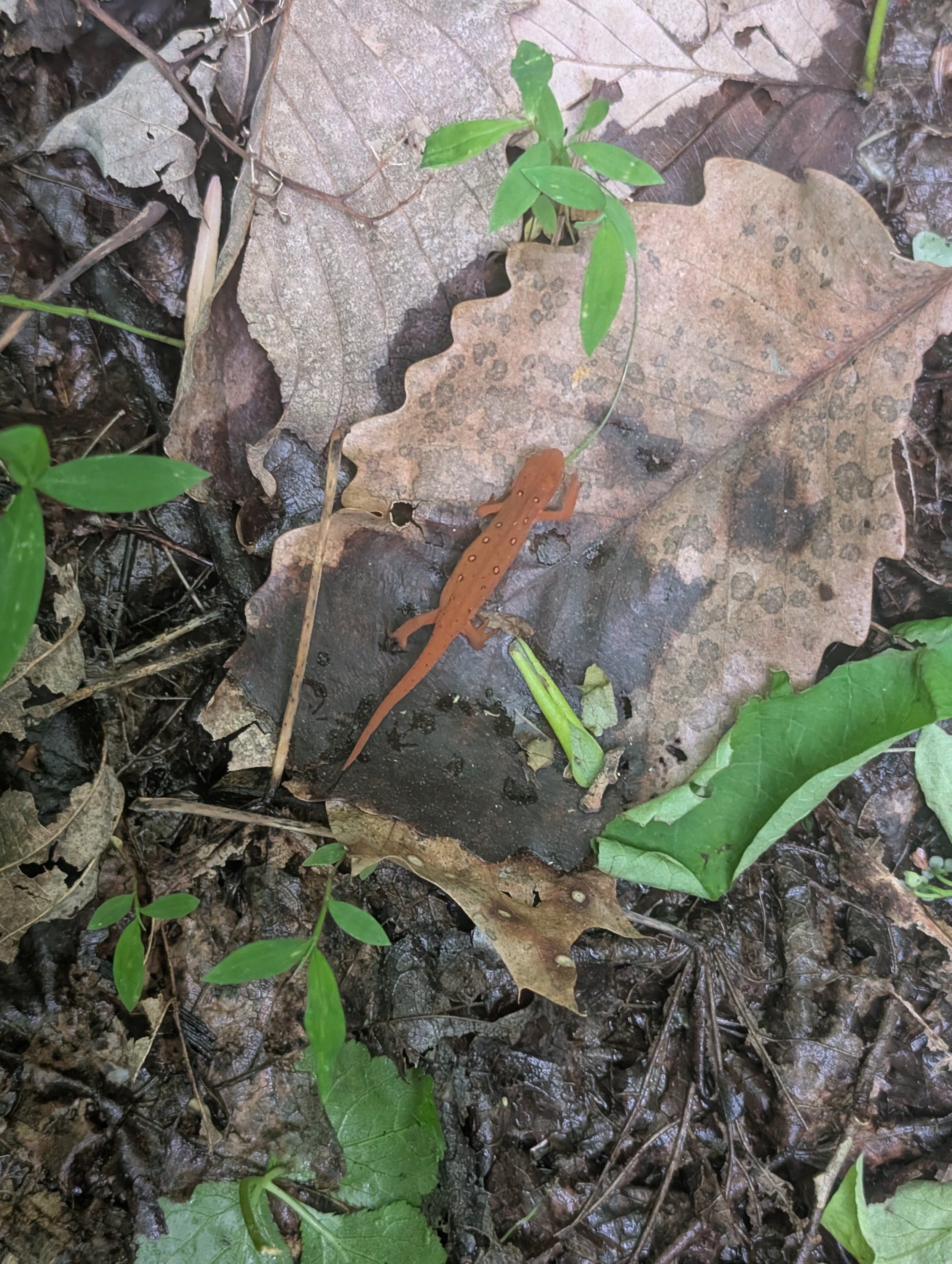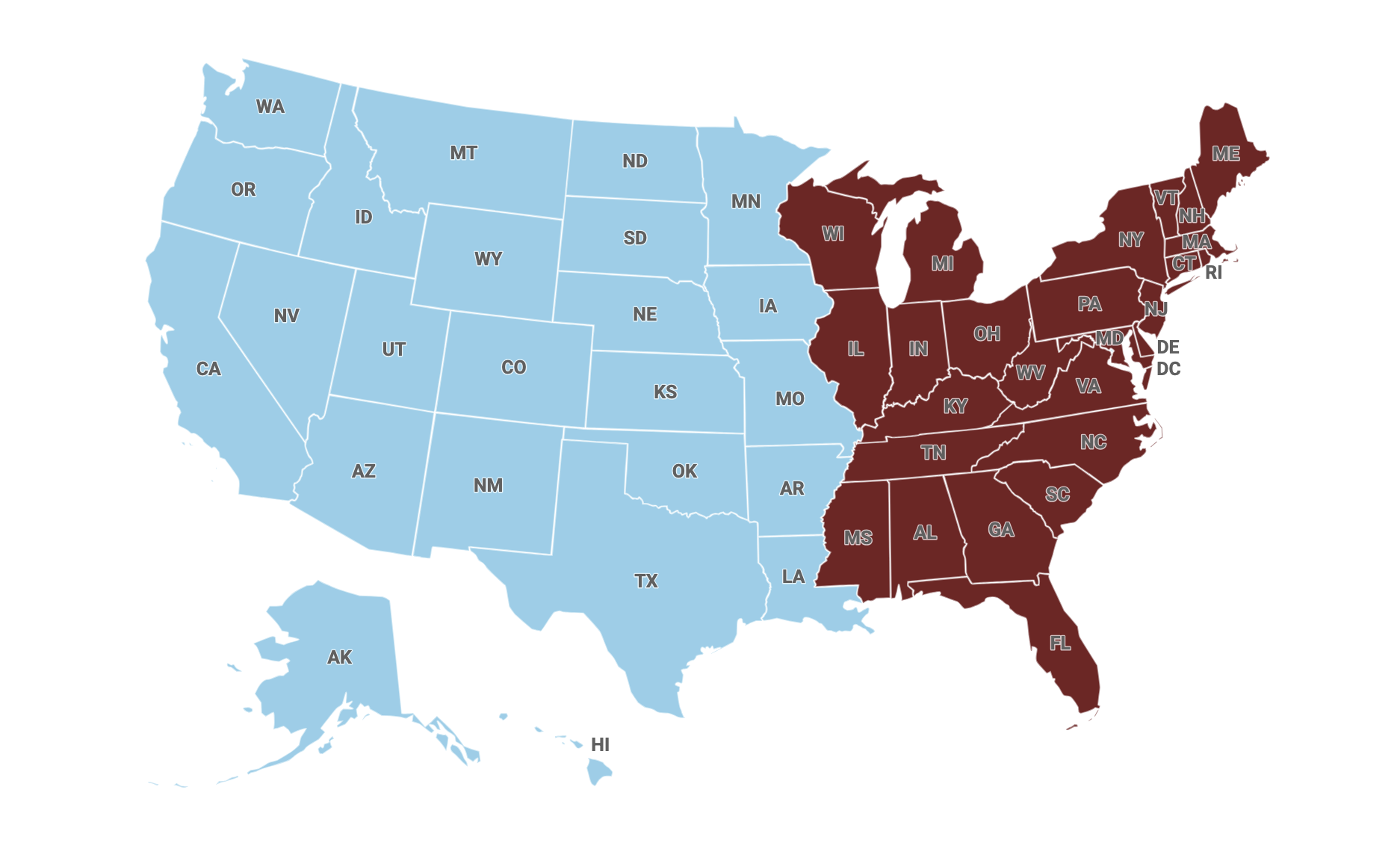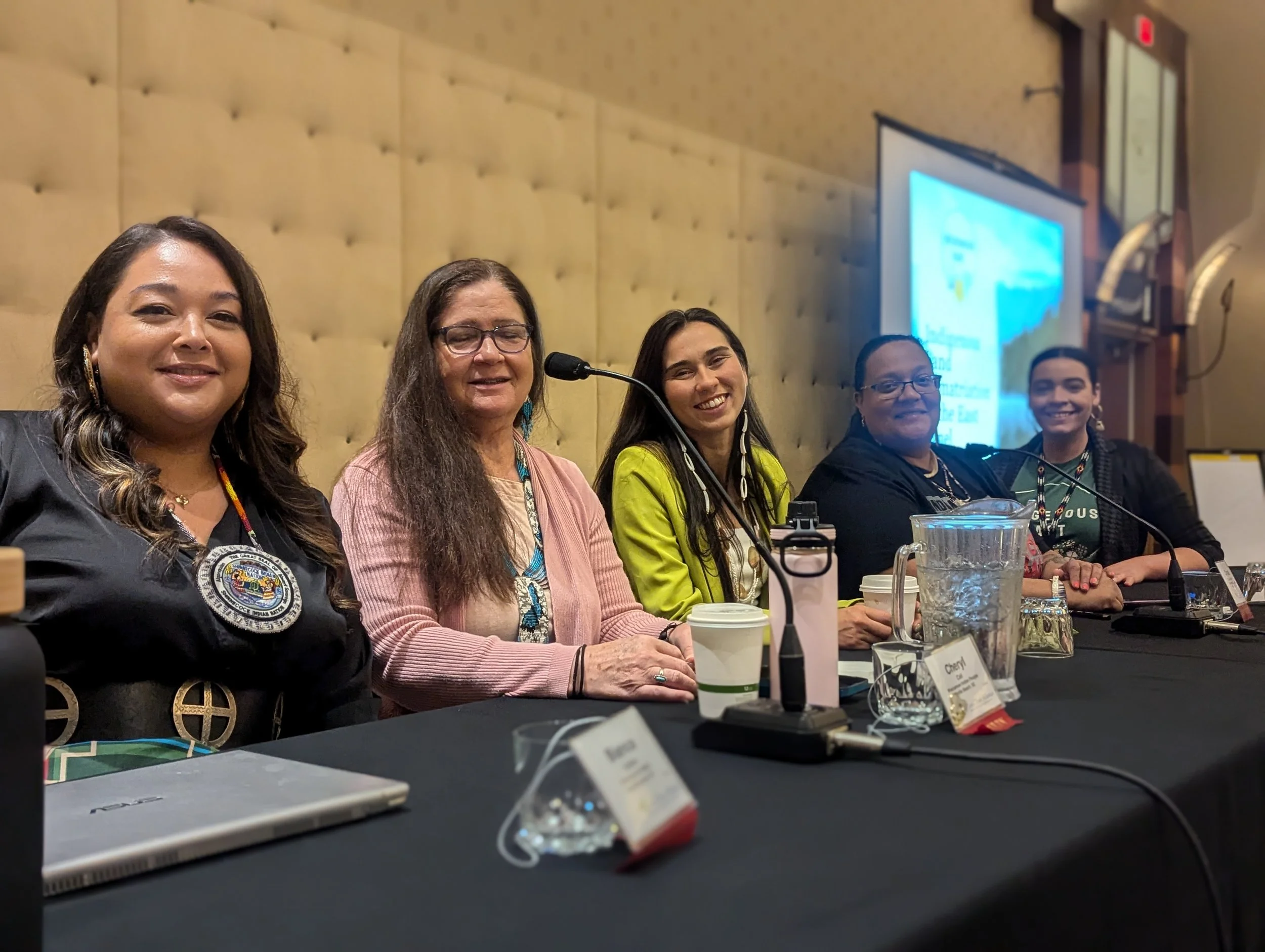
Creating a connected network of Indigenous & Afro-Indigenous land back projects across the eastern United States.
Hear our Voices (below)
Indigenous East is a Native women-led initiative advancing land rematriation, ecological restoration, and regional solidarity across the Eastern Woodlands through intertribal collaboration and cultural stewardship.
What We Do
Indigenous East is a regional initiative of NDNLand and the Landberry Foundation, supporting Afro-Indigenous and Indigenous peoples across the Eastern Seaboard. We revitalize land-based lifeways through placekeeping, language restoration, ceremony, and community governance. Our work centers cultural resilience, reparative justice, and self-determination for communities that have been dispossessed and displaced.
Our goal is to create a connected network of Indigenous -owned, -managed, and -stewarded lands east of the Mississippi River.
Our Network Members
Our featured land rematriation projects highlight transformative efforts to restore Indigenous stewardship and cultural connection to ancestral territories. These initiatives prioritize healing the land through sustainable practices rooted in traditional knowledge, while empowering Indigenous communities to reclaim sovereignty and rebuild their relationship with nature. By supporting these projects, we contribute to a future where land and people thrive together in mutual respect and resilience.
Our Approach
Indigenous East is committed to carrying out our work in a way that is collaborative, inclusive, innovative, and welcoming to all Native nations, tribes, and communities across the Eastern Woodlands. We honor the distinct histories, knowledge systems, and relationships that each community holds with the land and waters.
Our partners come together to learn from the many cultural landscapes in our region. We uplift and share practices that protect our homelands, languages, and ways of life—through land conservation, cultural preservation, and collective care.
This includes:
Fostering dialogue among federally recognized, state recognized, and relationally-recognized tribes (i.e. those recognized as kin or neighbors by at least two other Indigenous communities) to build shared understanding and strategies for land and cultural stewardship.
Expanding access to conservation programs, ensuring that Indigenous communities have the tools, information, and support needed to protect ancestral territories.
Securing funding and resources—from state, federal, and private sources—to support land return, protection, and long-term stewardship.
Supporting climate resilience, helping communities prepare for and adapt to climate shifts in ways rooted in traditional knowledge and sovereignty.
Evaluating different land protection approaches—from fee-simple acquisition and legal protections to intergenerational community stewardship—and identifying what works best for each community’s needs and values.




